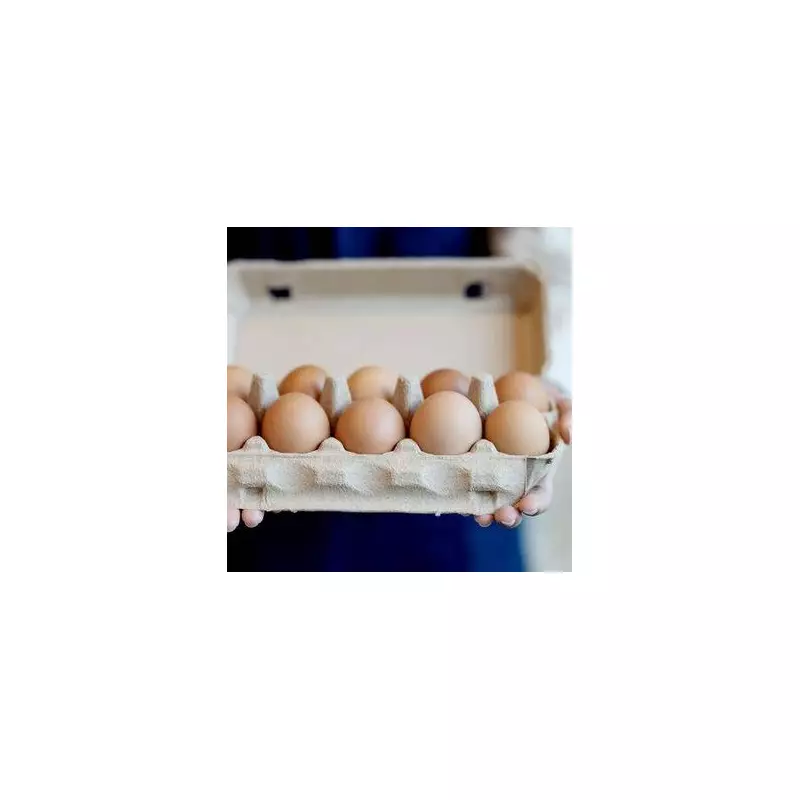
For generations, British households have faithfully stored their eggs in the refrigerator's designated egg tray, believing it to be the pinnacle of food safety. But according to food storage experts, we might have been getting it completely wrong.
The Great Egg Storage Debate
While supermarkets keep eggs on ambient shelves, most consumers automatically transfer them to the fridge upon arriving home. This common practice, however, could be compromising both the quality and safety of your breakfast staples.
The science behind proper egg storage revolves around temperature consistency. Eggs are porous and can absorb flavours and odours from other foods in your refrigerator. More importantly, the constant temperature fluctuations from opening and closing your fridge door can cause eggs to deteriorate faster.
What the Experts Say
Food safety specialists explain that in the UK, eggs undergo a different treatment process than in some other countries. British eggs have a natural protective coating that helps preserve them at room temperature.
"The refrigerator's humidity levels can actually break down this natural protection," explains one food storage consultant. "Storing eggs in a cool, dry pantry away from direct sunlight is actually the ideal method for maintaining freshness."
When Refrigeration Becomes Necessary
There are exceptions to this rule. Once eggs have been refrigerated, they should remain refrigerated to prevent condensation from forming on the shells, which can facilitate bacterial penetration.
Additionally, if you live in a particularly warm climate or your kitchen experiences significant temperature spikes, refrigeration might still be your best option.
The Perfect Storage Solution
For optimal egg preservation:
- Keep eggs in their original carton to protect them from light and odours
- Store in the coolest part of your kitchen, away from appliances that generate heat
- Maintain a consistent temperature environment
- Place them pointed-end down to help keep the yolk centred
This simple change in your kitchen routine could lead to better-tasting eggs and reduced food waste, proving that sometimes the conventional wisdom needs scrambling.





